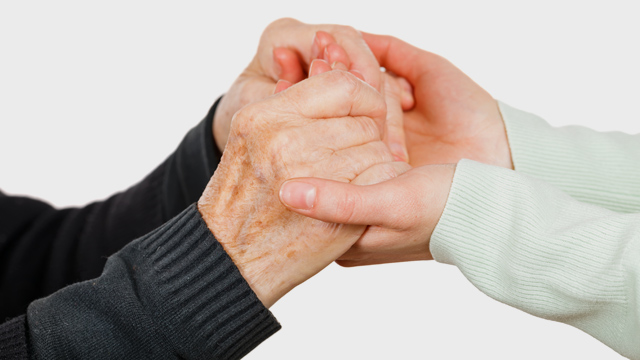
“If we do not feel the pain of others, and feel fine as long as all is right for us, we cannot be connected to the Light of the Creator.” ~ Michael Berg
We make mistakes all the time. But every so often, we make big ones. At times like these, we feel shame or regret and desire understanding from those around us while we work through a difficult time. However, when we see others make big mistakes, we are not always as generous with our hearts. Some of us struggle to show compassion, torn between empathy and judgment. The temptation to point out someone’s failures or transgressions is great even if we mean no harm. The word schadenfreude describes this exact experience––a feeling of enjoyment derived from other people’s troubles.
Though, we are not often conscious of gaining pleasure from the misfortune of another, this feeling can inhibit our response to them, preventing us from feeling the pain or discomfort they feel. It’s too hard to feel someone else’s shame so we put a positive spin on things. "Well, at least you didn't …" or "It could've been worse…" But that's not what people need to hear. This kind of response is meant to comfort, but it is empty of real feeling. Our lack of consciousness fuels disconnection rather than aiding it, leaving others feeling no more comforted.
We are kinder, more empathetic, and indeed, stronger when we are able to emotionally sit with someone where they are, in that difficult place, to metaphorically walk a mile in their shoes. Most of the time, people don’t expect anyone to fix their problems. They just want to be heard. Instead of trying to assuage their feelings, try saying, "This is so hard. I hear you and I’m here." In doing so, we let them know we are truly present. People experiencing difficult times need connection first and foremost.
According to Michael Berg, “When we see other people going through difficulty, we need to feel it as if it is our own.” This is not an exercise in becoming more spiritual. It is necessary in order to remove an illusory curtain that separates us from them. In doing so, we offer others empathy—a vulnerable choice, because in order to connect with someone in distress, we have to connect with the place within ourselves that knows that feeling. In imagining the pain of others, we suddenly know what they need, which fosters a connection to that person. Michael Berg goes on to explain that “This process mirrors our connection with the Light—the closer we come to feeling the people around us, the closer we can get to the Light.”
Occasionally when others share with us, we have the opportunity to help them sift through their mistakes. Empathy is the difference between helping steer someone onto a better path and exacerbating their pain. Michael Berg points out, “The question we need to ask ourselves is whether we enjoy telling the person about his or her faults, or do we feel pain? Our action will be the same in both cases. We will tell them exactly the same thing in exactly the same way, but the difference comes in how we feel inside. Do we feel sympathy, or do we take pleasure in their discomfort? The person who truly loves others will feel their pain.”
The way we respond to people when they flounder is precisely the same energy we invite into our lives when we find ourselves in similar situations. If compassion and understanding is what we seek, compassion and understanding is what we need to share with others. Without consciousness, we risk coming off as smug or sanctimonious when others make mistakes--judgment that is sure to make its way back to us when we find ourselves in that place. By showing empathy and feeling with people, we can ease the discomfort of others and bring Light into the world.